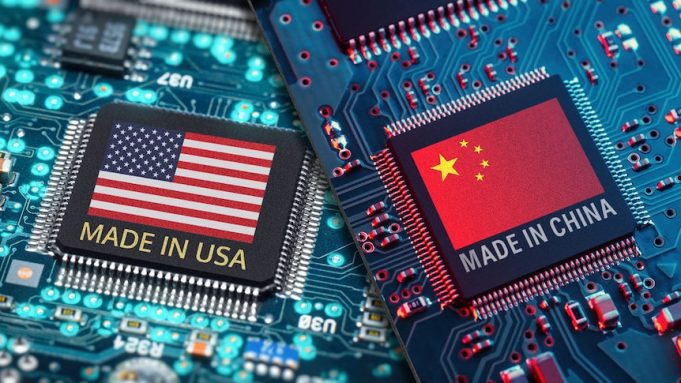TAIPEI: According to a Taiwanese economic official recent US efforts to lessen reliance on Taiwan’s cutting-edge technology may have an effect on Taiwan’s chip industry.
Tsai Yu-Tai, director-general of Budget, Accounting, and Statistics, stated. That a newly approved US semiconductor regulation and a similar proposal in Europe “may, directly and indirectly, harm exports of important industries in Taiwan.”
Tsai stated yesterday during a briefing about Taiwan’s economic prospects that. “The uncertainty from these measures will impair Taiwan’s production and exports, albeit the scale of impact is yet unclear.”
Tsai was referring to the US government’s about US$50bil (RM225bil) Chips and Science Act. Which was passed in August to promote domestic semiconductor research and development.
The Biden administration’s effort to lessen reliance on Asian suppliers, notably Taiwan, includes legislation.
In light of a downturn in global demand fueled in part by inflation and China’s Covid policies. Taiwan’s government on Tuesday decreased its projections for gross domestic product growth. For the years 2022 and 2023 to 3.06% and 2.75%, respectively.
Leading the market is Taiwan’s semiconductor giant which is centered on Taiwan Semiconductor Manufacturing Co (TSMC). TSMC is also constructing a chip fabrication facility in the US.
But Taiwan’s ability to produce chips has also long contributed to tensions between the US and China. Accelerating Washington’s goal to overtake Beijing as the leading chip producer.
Although Taiwan is putting together its own tax breaks. Tsai acknowledges such plans. In an effort to support its semiconductor industry, the island earlier this month suggested broadening some tax advantages for businesses. That invest in technological research and production. Since the Chips Act, US chip businesses including Micron Technology Inc., have planned fresh investments.
Gina Raimondo, the secretary of commerce for the US, also emphasized the necessity of moving Taiwan’s production of cutting-edge chips to the US.
In order to compete more forcefully with China in the technology sector. The US unveiled last month broad restrictions on the export of semiconductors and chip manufacturing machinery to china.
Tsai on Tuesday avoided mentioning penalties by stating that a ban on production in China may have a “significant impact on order placement” and so affect the local supply chain.
While the plan won’t be final. The European Union decided this month to pursue a 43bil (RM200.5bil) plan to boost its semiconductor production.











